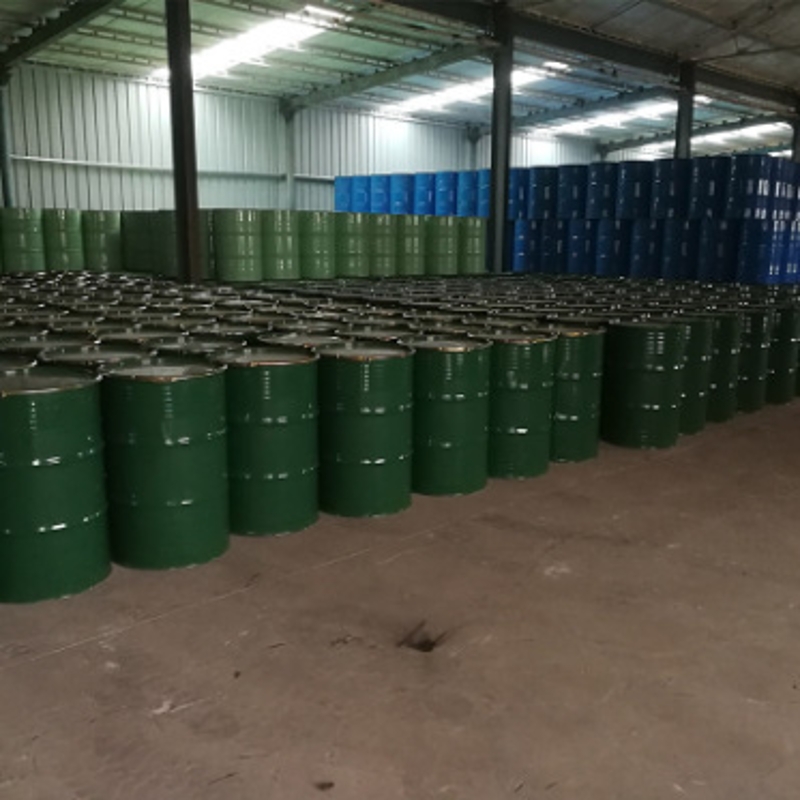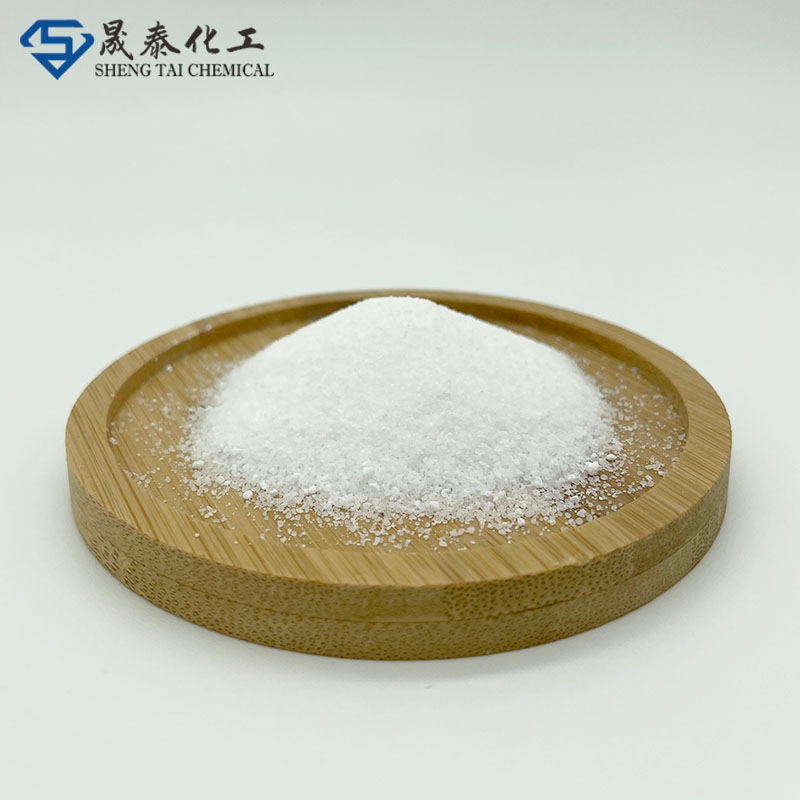-
Categories
-
Pharmaceutical Intermediates
-
Active Pharmaceutical Ingredients
-
Food Additives
- Industrial Coatings
- Agrochemicals
- Dyes and Pigments
- Surfactant
- Flavors and Fragrances
- Chemical Reagents
- Catalyst and Auxiliary
- Natural Products
- Inorganic Chemistry
-
Organic Chemistry
-
Biochemical Engineering
- Analytical Chemistry
-
Cosmetic Ingredient
- Water Treatment Chemical
-
Pharmaceutical Intermediates
Promotion
ECHEMI Mall
Wholesale
Weekly Price
Exhibition
News
-
Trade Service
Starch is a common renewable and biodegradable material that is widely used in the chemical industry.
It is extracted from various plant sources such as corn, potato, and cassava, and is used in the production of a variety of products including food, paper, textiles, and biodegradable plastics.
The production process of starch involves various steps, which include extraction, oxidation, and purification.
In this article, we will focus on the oxidation process and its importance in the production of starch.
The oxidation process involves the use of oxygen to convert the starch into a different form that is more soluble in water.
This process is carried out in the presence of acid and results in the formation of glucose, which is a basic component of starch.
The oxidation process is crucial as it increases the solubility of starch, making it easier to extract and purify.
The first step in the oxidation process is the preparation of the starch solution.
This is done by slurrying the starch in water and adding an acid to catalyze the reaction.
The solution is then placed in a reactor, where oxygen is added to initiate the oxidation process.
The reaction is monitored and controlled to ensure that it is carried out effectively and efficiently.
The oxidation process can be carried out using different methods, including enzymatic oxidation and chemical oxidation.
Enzymatic oxidation uses enzymes to catalyze the oxidation reaction, while chemical oxidation uses chemical oxidizing agents.
The choice of method depends on factors such as the desired properties of the final product and the cost of production.
The oxidation process can also be affected by factors such as temperature, pH, and concentration of the starch solution.
These factors must be carefully controlled to ensure that the reaction is carried out effectively and efficiently.
The optimal conditions for the oxidation process will vary depending on the specific type of starch and the desired properties of the final product.
After the oxidation process is complete, the solution is filtered to remove any solids and excess liquid.
The purified starch is then dried and ground into a fine powder, which is ready for use in the production of various products.
The quality of the starch powder is important, as it will affect the properties of the final product.
In conclusion, the oxidation process is a crucial step in the production of starch.
It increases the solubility of the starch, making it easier to extract and purify.
The oxidation process can be carried out using different methods, and the optimal conditions will vary depending on the specific type of starch and the desired properties of the final product.
The production of high-quality starch is important for the chemical industry, as it is used in the production of a variety of products including food, paper, textiles, and biodegradable plastics.







